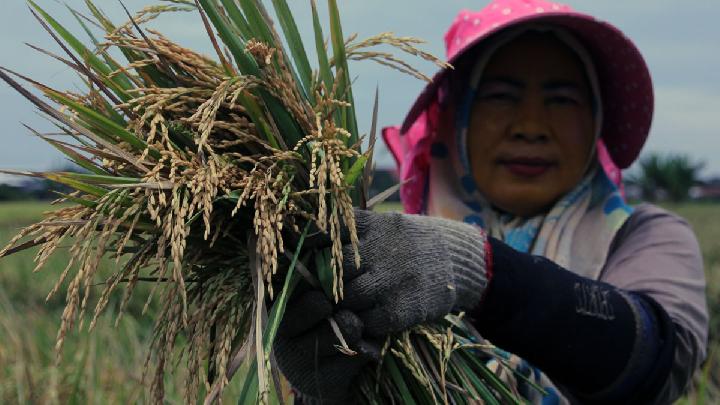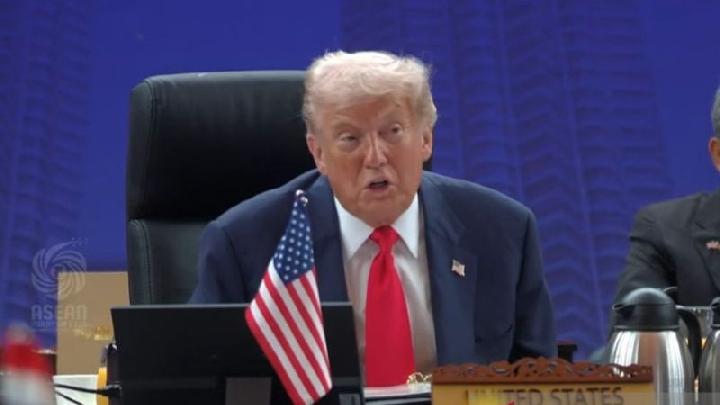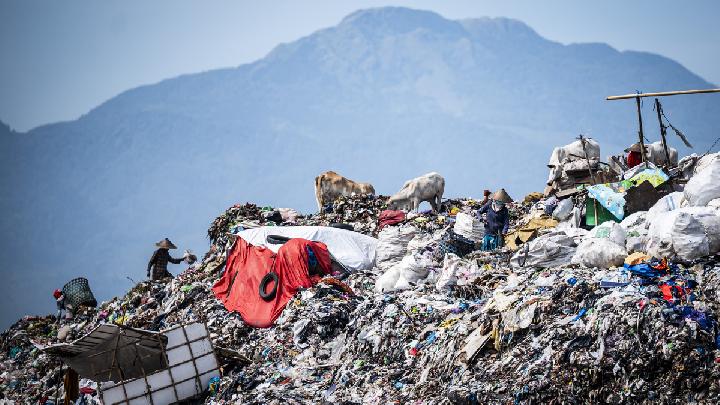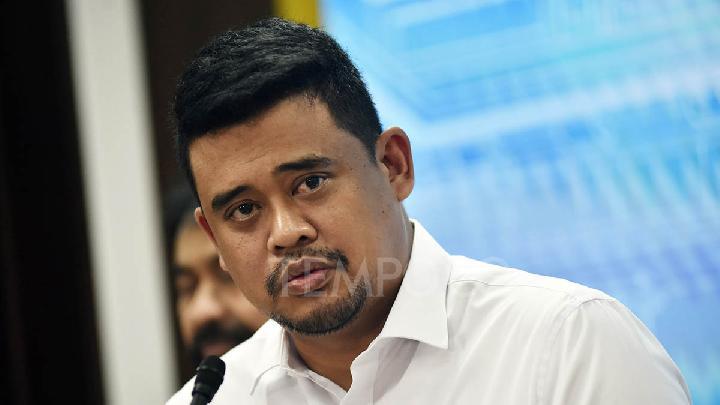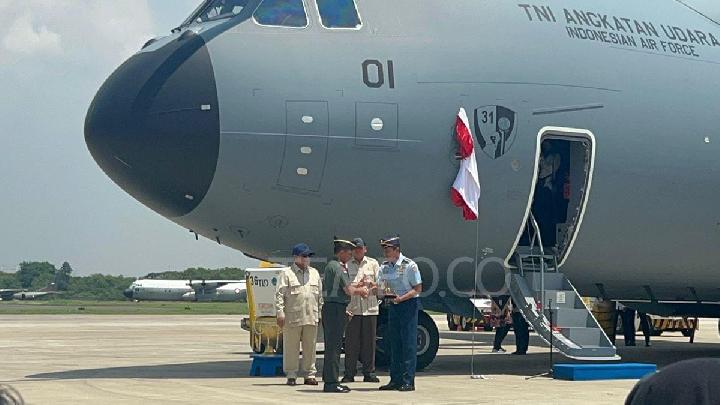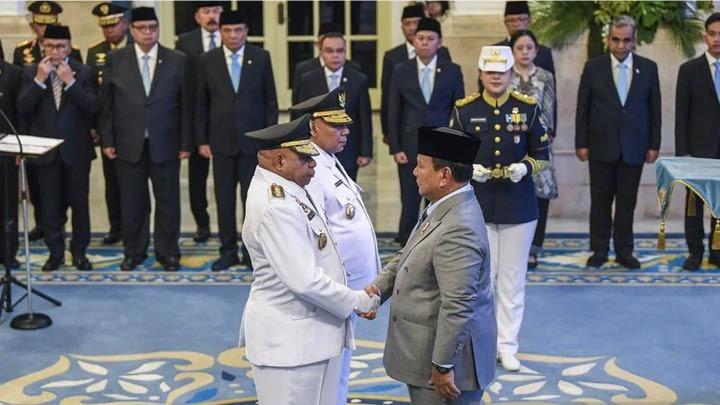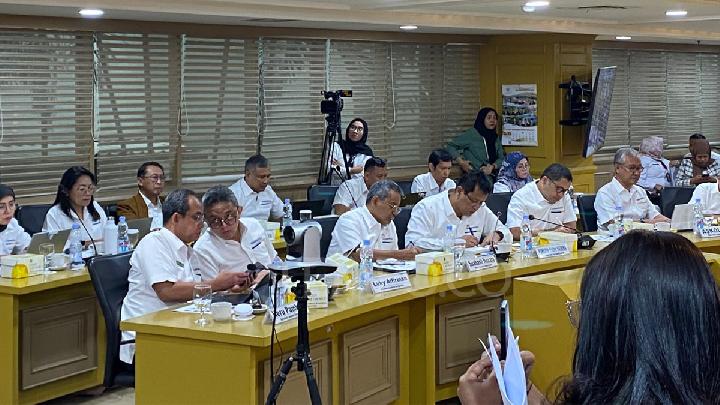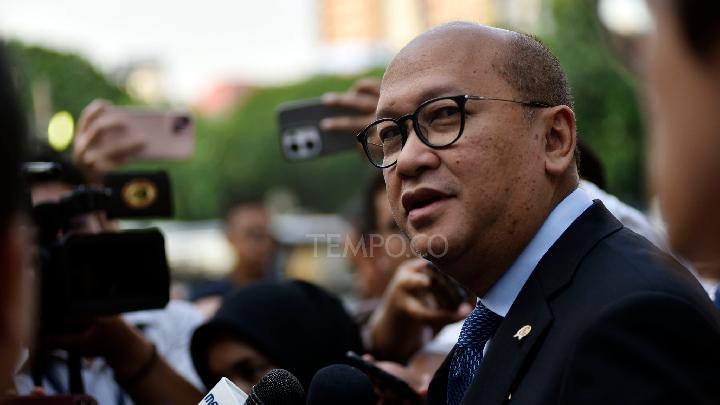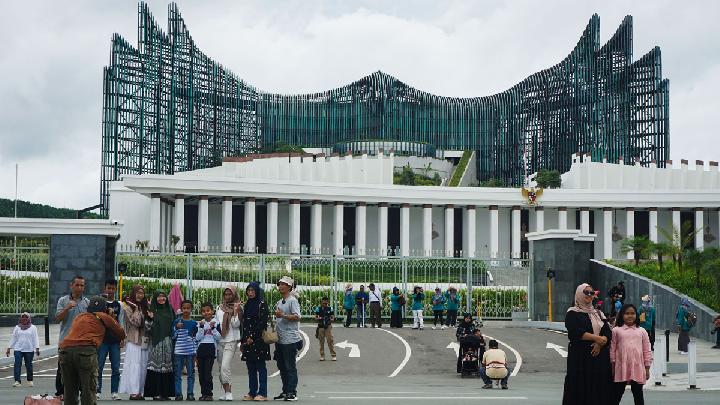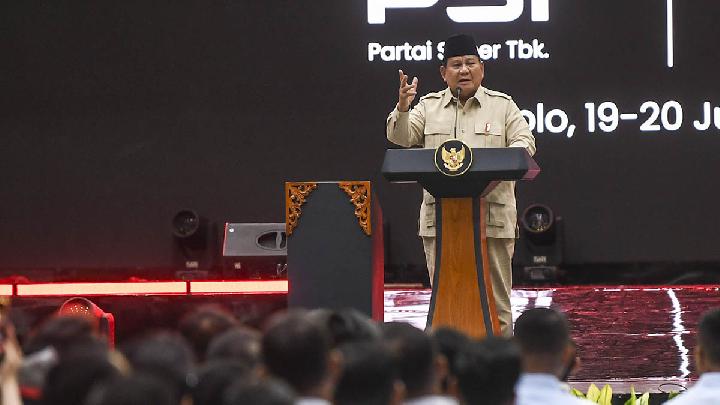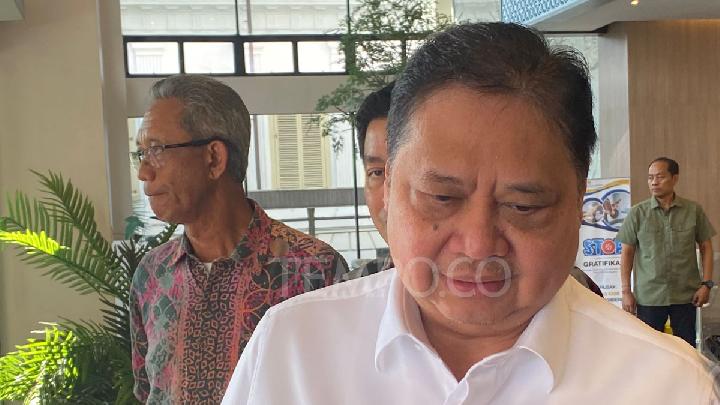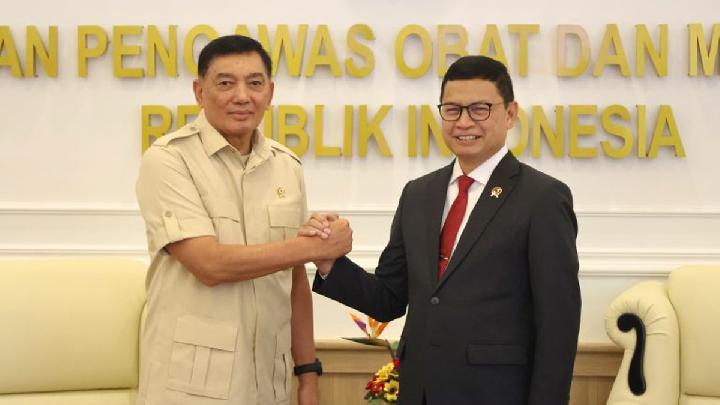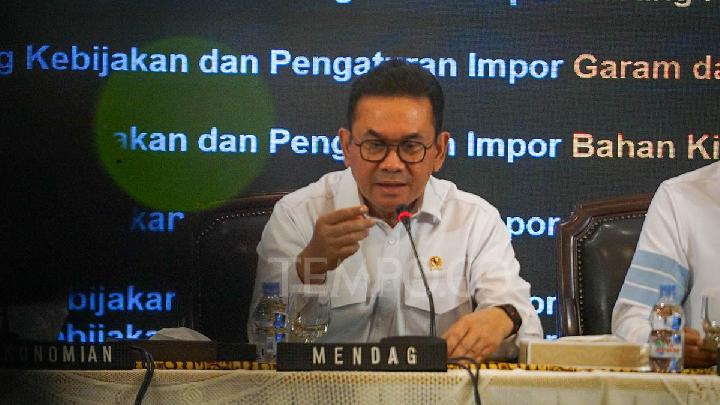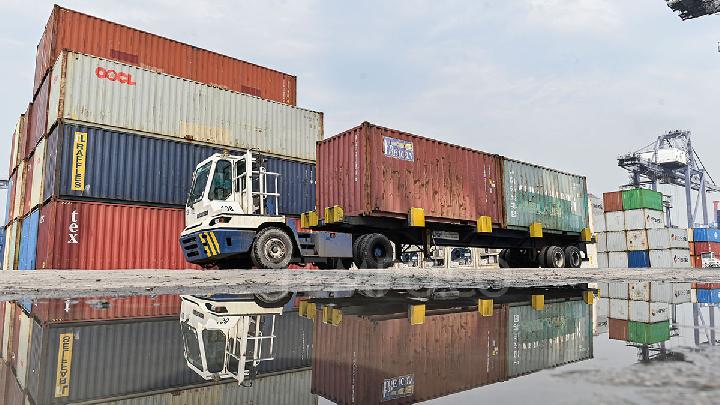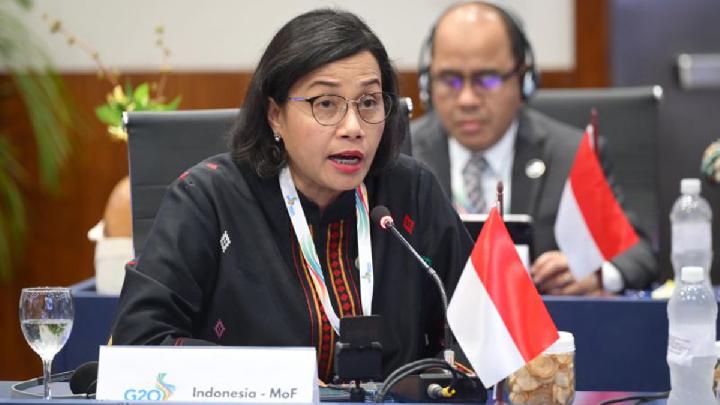
TEMPO.CO, Jakarta - Finance Minister Sri Mulyani emphasized the importance of inclusive global financial architecture. She conveyed this during the G20 Finance Ministers and Central Bank Governors (FMCBG) Meeting in South Africa.
According to Sri Mulyani, the global financial architecture must encompass the full spectrum of economies. "From low-income, developing, and advanced countries," she said in a statement received in Jakarta on Saturday, July 19, 2025, as quoted from Antara.
Sri Mulyani underscored the rise of financial technologies, from crypto assets to digital currencies. While it offers potential in terms of speed and efficiency, new risks that cannot be overlooked also emerge.
Therefore, according to Sri Mulyani, this situation requires G20 countries to review the foundation of the international financial architecture to ensure that the system remains stable, inclusive, and relevant in facing a rapidly evolving world.
Currently, Multilateral Development Banks (MDBs) are implementing the G20 MDBs Roadmap and recommendations from the Capital Adequacy Framework (CAF) Report.
During the two-day meeting held on July 17-18, 2025, finance ministers and central bank governors discussed various issues that are priorities for G20 countries and require joint attention to address current global challenges.
In addition to international financial architecture, the issues raised in the meeting mainly focus on the global economy, sustainable finance, infrastructure, the financial sector, international taxation, and global health.
In relation to the global economy and current challenges, finance ministers and central bank governors highlighted the global economic uncertainty fueled by armed conflicts, geopolitical tensions, trade fragmentation, high public debt, and extreme climate events.
Global economic relations are often perceived as a zero-sum game, where one country’s gains come at another’s expense—a perception that must be addressed.
“Trade and investment should be instruments of shared progress, creating added value for all parties involved,” the finance minister stressed.
Additionally, she also stated that robust growth starts domestically, especially amid a global economic and environmental environment that creates more risks.
In Indonesia, Sri Mulyani said, imbalances are addressed through a careful, measured, and countercyclical use of fiscal instruments to absorb shocks and promote structural reform.
“We are working closely with monetary authorities to build confidence and stability. Inflation stands at 1.6 percent, with a fiscal deficit of 2.5 percent,” she added.
On international taxation, Sri Mulyani underscored the need for a fair, effective, and stable tax architecture — not only to ensure global equity, but also as a prerequisite for resilience and sustainable development.
Regarding sustainable finance, G20 ministers and central bank governors emphasized the need for global coordination in developing sustainable financial frameworks, boosting interoperability and climate finance efficiency, while strengthening adaptation, resilience, and transition plans toward a low-carbon economy.
On infrastructure, G20 members reaffirmed that quality infrastructure investment is crucial to support faster and more sustainable economic growth.
In discussions on the financial sector and financial inclusion, ministers and governors reiterated their commitment to addressing vulnerabilities and promoting an open, resilient, and stable financial system. This must be underpinned by consistent, comprehensive, and timely implementation of agreed international reforms and standards, including Basel III.
Editor’s Choice: Sri Mulyani: War, Elections Pose Risks, But Indonesia's Economy Is Recovering
Click here to get the latest news updates from Tempo on Google News
Timor-Leste Set to Become Full ASEAN Member by October 2025
1 hari lalu

ASEAN Secretary-General Kao Kim Hourn emphasized the ASEAN Secretariat's full support for Timor-Leste's accession process.
One Year Needed to Prepare Tax Collection System, Says E-commerce Association
2 hari lalu
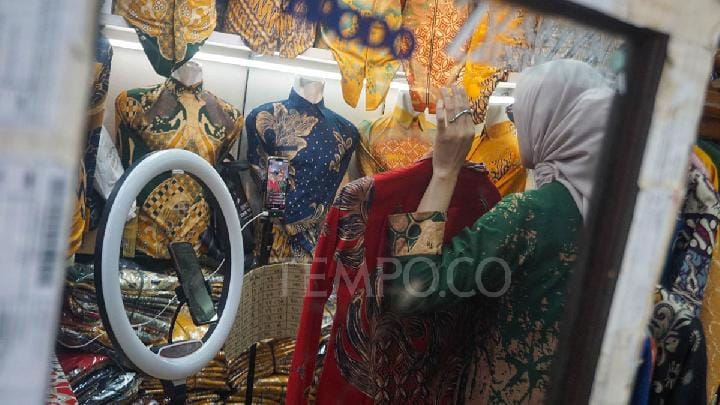
The Indonesian E-commerce Association (idEA) supports the government's efforts to strengthen tax compliance, including within the e-commerce sector.
Tax DG: Online Sellers' Tax Won't Lead to Increased Product Prices
4 hari lalu
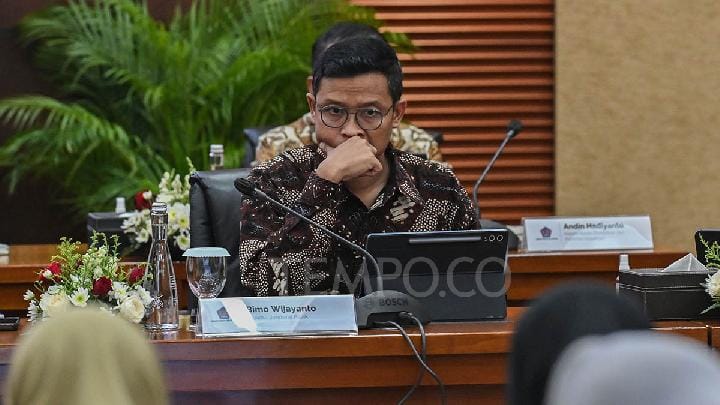
The Director General of Taxation emphasized that the tax collected by e-commerce is not a new levy.
KPK Says It Has Recovered Rp1.85 Trillion in State Losses Over 3 Years
4 hari lalu
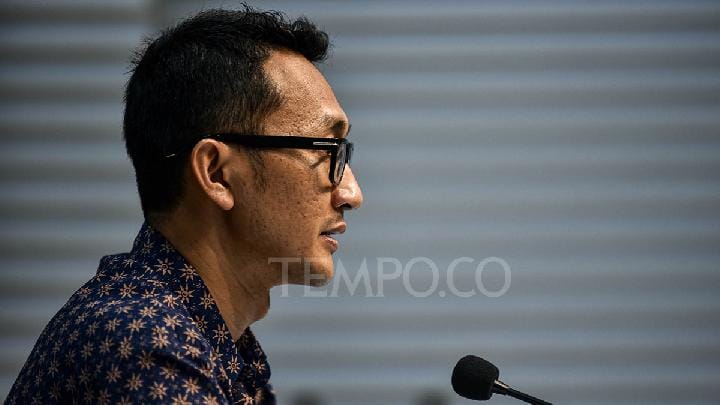
According to spokesperson Budi Prasetyo, KPK recovered Rp558.4 billion in 2022, Rp539.6 billion in 2023, and Rp753.6 billion in 2024.
Sri Mulyani: War, Elections Pose Risks, But Indonesia's Economy Is Recovering
5 hari lalu
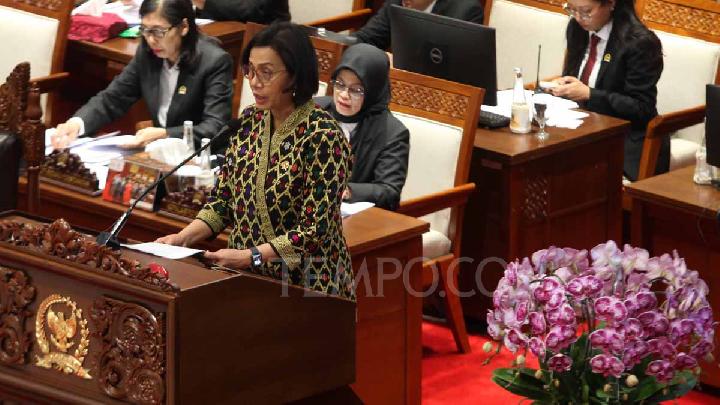
Sri Mulyani Indrawati stated that throughout 2024, geopolitical tensions and general elections in 70 countries had triggered significant uncertainty.
Indonesia's OECD Accession to Cost Rp245bn, Says Finance Ministry
5 hari lalu

Finance Ministry's DG Masyita Crystallin said that the specific funding needed for this OECD accession can be paid in three installments.
India's Economic Growth Masks a Deeper Malaise
7 hari lalu

India's economic ascent to a US$4.2 trillion GDP in 2025 has been hailed as a historic achievement, but inequality looms over it.
How Indonesia Responds to Trump's 10% Additional Tariff Threat on BRICS Members
9 hari lalu

President Donald Trump threatens to impose a 10 percent import tariff on countries that are part of BRICS for being considered anti-America.
Asian Universities Rise in Global Sustainability Leadership Rankings
10 hari lalu

Amid global SDG funding gaps, Asian universities are stepping up as leaders in sustainable finance, driving research & innovation to shape up future.
Why Is Budget Deficit Widening Under Prabowo? Experts Voice Concern
12 hari lalu

Senior economists and experts voice concern over the mounting state budget deficit under President Prabowo's administration.



